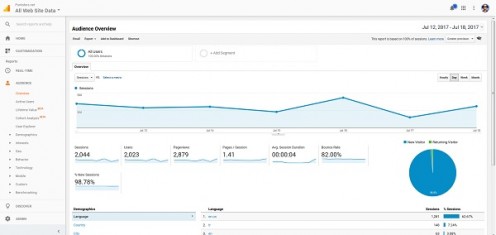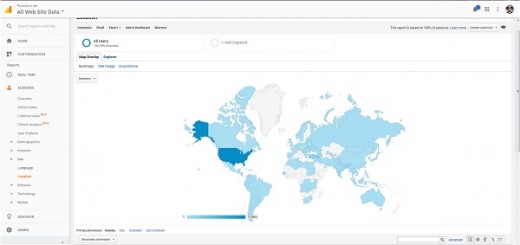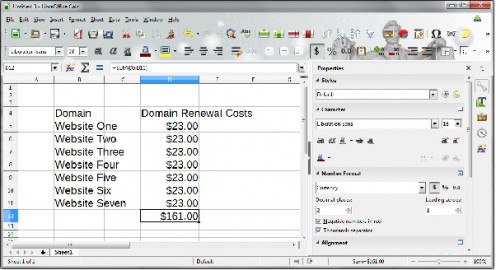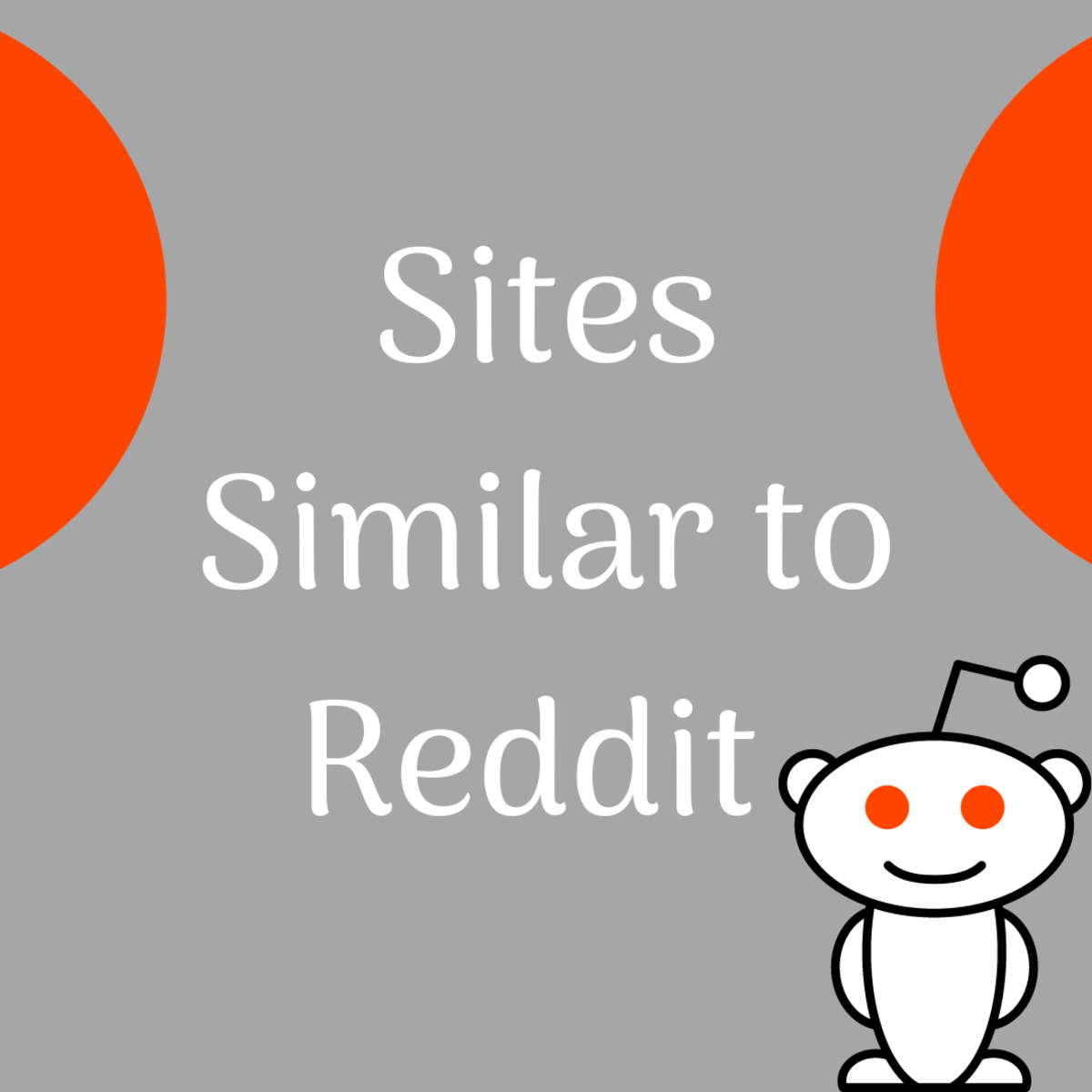Why You Should Consolidate Websites and Reallocate Resources
Google Analytics

The Quick Run-down
I have a number of websites that I currently maintain. I have also had a number of websites that I have taken offline. The reason I took some of them offline was for the purpose of consolidation of the content to fewer sites and reallocating some of the various resources to other things that might help to yield better overall results in a variety of areas.
Issues that come into play are things like web traffic, various costs incurred and the amount of time spent to maintain, update, market and promote multiple sites. Eliminating various redundancies is also an important factor in determining how to consolidate your websites.
Traffic Issues
As a webmaster, you would obviously prefer that every site you create is very successful. Of course everyone might have a different idea as to what success consists of but for the sake of argument here, I will refer to success in the sense of traffic. I will say that a successful website is one that gets considerable traffic. Of course, we all may have a different idea as to what considerable traffic consists of. Some may think in terms of hundreds of visitors and others may think in terms of thousands.
I had a few websites that were only getting a few hundred visits a month. Some may think that three hundred visits a month is good. In my opinion, it is not that good. It' s a start if you have a relatively new site but if it is a site that has been around for a while and you have done a number of things to try to draw traffic to it, three hundred visitors a month is not that good.
So what I decided to do was eliminate a few of my websites and take the content that was on those websites with the poor performance and put it on the better performing ones. Simply put, I decided to consolidate my content onto fewer sites and take the poor performing sites offline.
One good way to track traffic is to use Google Analytics. All you have to do is set up an account and you could put the tracking code created on the Google Analytics website into your web pages. It provides a lot of helpful information. Not only does it track the overall traffic numbers but also where it comes from.
Google Analytics Displaying Traffic by Country

Cost issues
There were a few good reasons for doing taking poor performing websites offline. One reason was that for every website I had, there was a domain name to renew every year. That obviously costs money. I had a lot of domain names reserved that I had been renewing every year. I would buy the .com domain name extension as well as the .net domain name extension for each one of those names, just to protect the names and prevent others from using them. So, by eliminating three sites, I eliminated six domain names that I had been renewing every year. At about 23 dollars a pop, I had actually started saving 69 dollars a year. But that was just the beginning.
I had also decided not to renew domain names that I have not yet started to use. That saved considerably more money. They were domain names that I had intended to use but didn't get around to doing so. I just secured those domain names because I thought they were good names and was going to get around to building websites for them, but it just didn't happen. One reason was that I already had a number of sites I was already maintaining and I just did not have enough time to do everything.
So instead of using the money to renew a bunch of domain names that belonged to the poor performing sites or to renew the domain names I never got around to using at all, I began to spend the money on advertising instead. That way, I could use the money to actually get more traffic to the sites that were already performing better than the ones I shut down.
Run the Numbers to Analyze Costs

Time Issues
Another resource reallocated other than money was time. The time spent to add content to the poor performing sites was now spent on the better performing sites. Since I took the content from the poor performing sites and put them on the better performing sites, the content was actually more likely to be seen anyway. It just gave people more to look at while they were there.
From an administrative standpoint, it made things easier if I were to consolidate. I had less websites to maintain and it made it easier to add new content to those remaining sites because those sites began to cover more subjects.
Another thing that I spend a lot of time on other than the updating of the websites is marketing. Before, I divided up my online marketing efforts between a lot of websites. Now it's divided up between a smaller number of sites. So more time is actually spent to promote each website. Also, the sites being promoted are ones that were better performing anyway. So that means the return on the investment of time and effort spent was actually better.
Facing Reality
Sometimes it is hard to admit to yourself that it is time to give a website the ax. I mean, you always hope for the best when you create a new website. After all, if you were totally certain it would fail, you probably would not be so inclined as to create it in the first place. What would be the point?
Unfortunately, reality sometimes has to slap us in the face before we wake up to it's harshness. What woke me up was the amount I had been spending on the renewal of domain names. It's funny because I had been saying for quite some time that I wish I had money for advertising. Then it dawned on me that I was telling myself that I didn't have enough money for advertising at the same time I was finding the money to reserve and renew a bunch of domain names that weren't doing me any good.When the realization of the costs finally hit me, I was blown away. The domain names all renewed at different times of the year, so it's not like it was all an annual lump sum all paid at once. But I decided to do a spreadsheet and calculated the overall annual costs, and it was ridiculous. I think I had a total of about 16 domain names that I was renewing every year. That's a lot of money. That’s money that could be spent on better things too. So I have since cut it down to five domain names to renew each year.
Conclusion
All of the reasons I have listed are obviously good reasons for consolidating content onto fewer better performing websites and shutting down the poor performing sites. So maybe with a little self-analysis as it would pertain to your websites, you might be able develop a strategy that will work best for you.
© 2017 Bob Craypoe








